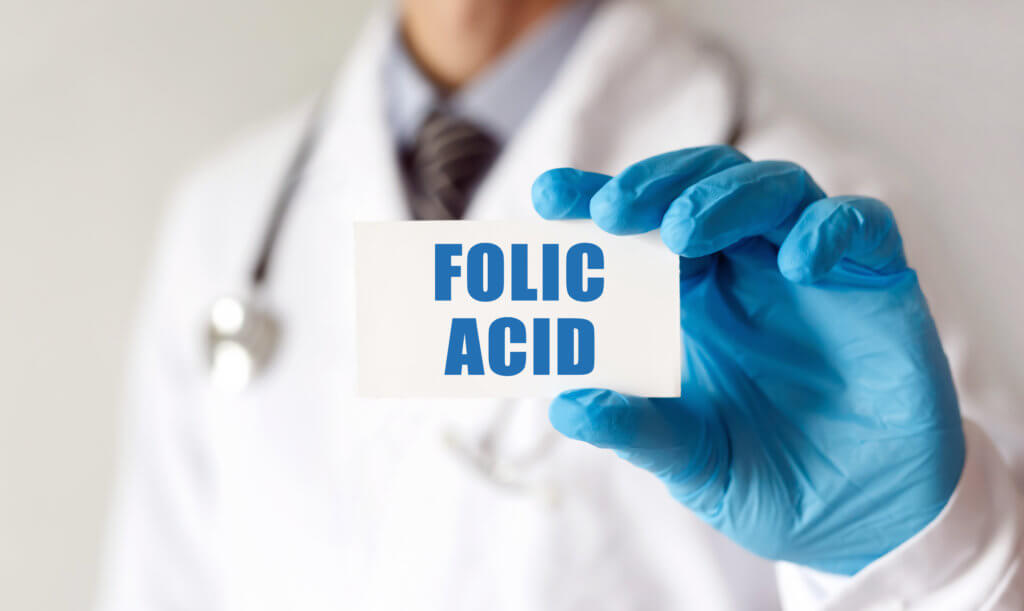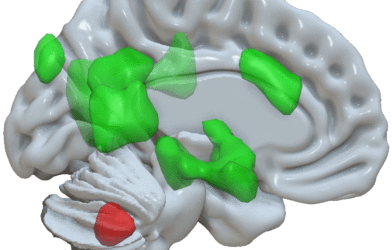Suicide remains one of the top causes of death in the United States, according to 2020 figures. The difficulty with addressing it is that varying circumstances call for often multiple approaches to be used together such as psychotherapy, social/financial support, and medical intervention. Most don’t consider nutrients like folic acid as part of the equation, but a new study from the University of Chicago may bring new perspectives.
The study’s lead author, Dr. Robert Gibbons, a professor of biostatistics and medicine, gained interest in this topic after a previous study conducted by his group. In that work, he found a reduced risk of suicide attempt linked to higher folic acid levels, as well as psychiatric drug use like antidepressants and antipsychotics. The issue is that study wasn’t able to effectively address confounding variables such as socioeconomic status nor analyze the impacts of several drug types on a large scale.
Many people who suffer from mental health disorders and use medications often take multiple ones, which may affect how they interact with the body versus if taken alone. The team was able to address this slightly by comparing participants to themselves before and after being prescribed a drug, instead of comparing everyone who may or may not be taking a certain drug.
At first, the researchers didn’t believe their results when folic acid results came in. “When we first saw this result, we thought it was pregnancy. Pregnant women take folic acid, and pregnant women tend to have a low suicide rate, so it’s just a false association. So, we just did a quick analysis to restrict it to men. But we saw exactly the same effect in men,” says Gibbons.
To confirm an association, Gibbons and team conducted this newest work by focusing solely on folic acid while accounting for confounding factors like sex, age, diagnosis and other drugs one may be on, etc. Even after adjusting for these, folic acid supplementation was still linked with decreased suicide attempt.
Further, the researchers report that the longer someone supplemented with folic acid, the lower the risk for suicide. After this, it dawned on the team that perhaps people who take supplements generally would rather improve health than inflict self-harm, and perhaps that’s why there was an association. To test this, they did a similar analysis with vitamin B12 as a negative control. They didn’t note any association, which strengthened their initial finding.
While this time around the team adjusted for factors that could reduce the strength of their findings, they still agree that there isn’t sufficient evidence to suggest a causal relationship. They do believe this is the start of a groundbreaking avenue for mental health care, though.
“This could potentially save tens of thousands of lives,” says Gibbons.
Looking ahead, the authors are working to follow up with this by conducting a large-scale randomized controlled trial (RCT) to test whether folic acid directly lowers the risk of suicidal occurrences from ideation to completion.
The study is published in the journal JAMA Psychiatry.












